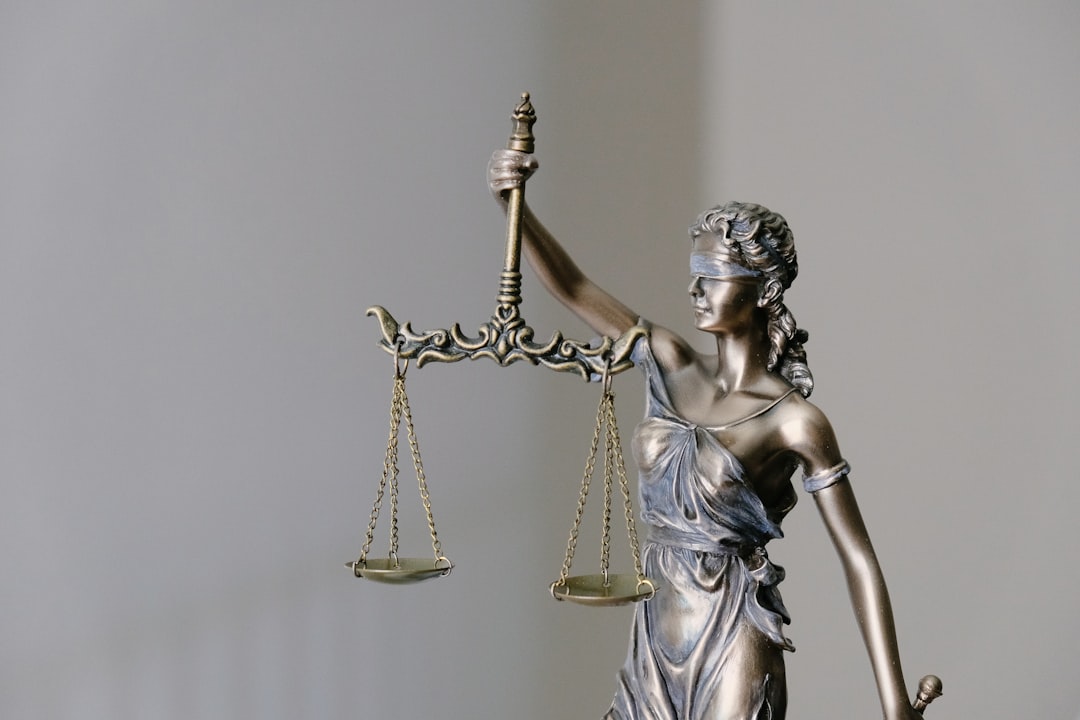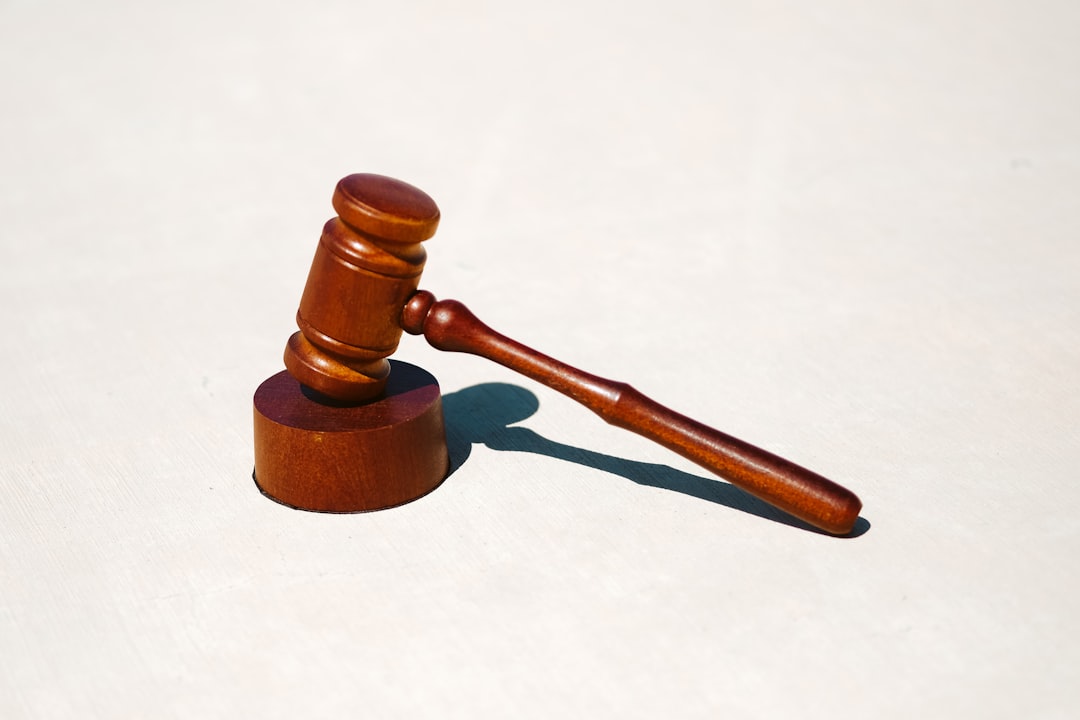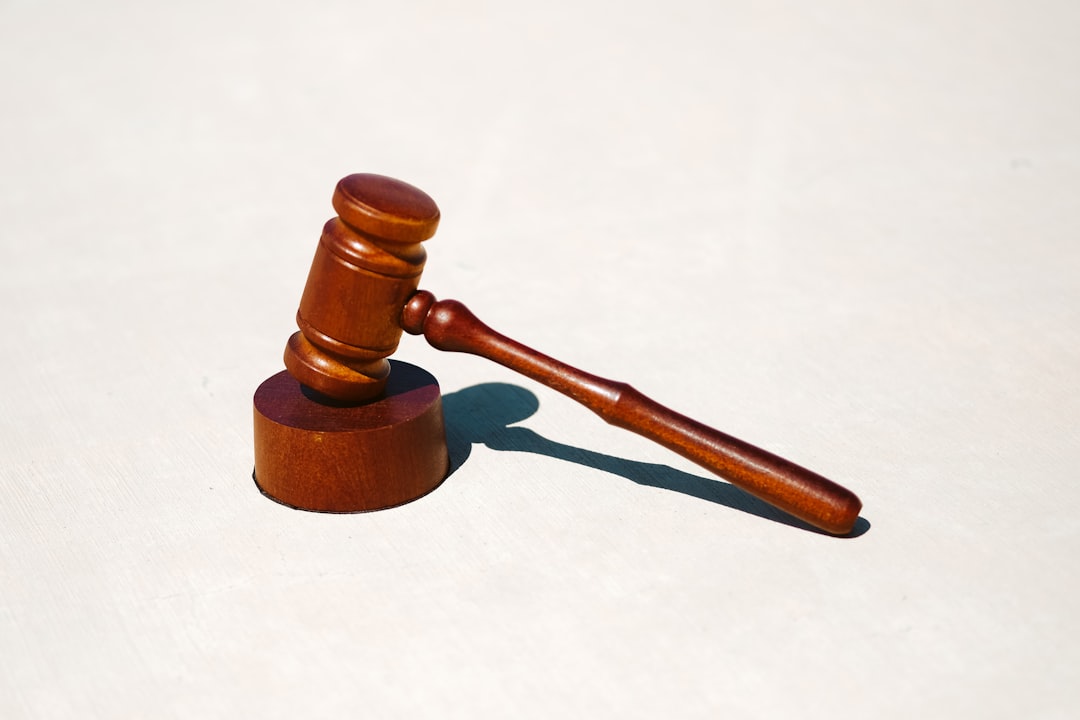In Bridgeport, Connecticut, victims of rape play a crucial role in the legal process with the help of specialized rape law firms. These firms guide victims through complex cases, offering emotional support, testimony preparation, and tools for justice and closure. Testifying can be intense, so mental and emotional preparation is vital; connect with trusted individuals and consider a Connecticut rape law firm for guidance. During the trial, victims work closely with their attorneys through pre-trial meetings, direct examination, cross-examination, and closing statements. Post-testimony, local rape law firms provide access to counseling, support groups, and advocacy organizations, ensuring survivors receive tailored resources for healing and recovery.
“As a survivor of rape, testifying in court can be an integral part of seeking justice. In Bridgeport, Connecticut, understanding your role as a witness is crucial. This guide aims to empower victims by explaining the legal process they’ll face. From preparation tips to navigating the courtroom, we’ll walk you through each step. Learn how to protect yourself and access support resources available in Bridgeport. If you’ve been affected, know that seeking help from experienced rape law firms in Connecticut is a vital step towards healing and ensuring your voice is heard.”
Understanding Your Role as a Rape Victim Witness in Connecticut

In Bridgeport, Connecticut, as a victim of rape, your role is crucial in the legal process. As a witness, your experiences and testimonies are invaluable to ensuring justice for the crime committed against you. It’s essential to understand that this is not just about recounting what happened; it’s about holding the perpetrator accountable while also being supported through this challenging time.
Rape law firms in Connecticut are well-versed in navigating the complexities of these cases and providing victims with the guidance they need. They can offer legal support, ensuring your rights are protected throughout the trial. This includes understanding the evidence required, preparing for potential questions, and helping you cope with the emotional weight of testifying. Remember, your testimony is a powerful tool to bring closure and prevent similar incidents in the future.
Preparation Before Testifying: What to Expect and How to Protect Yourself

Before testifying, it’s essential to prepare yourself mentally and emotionally for what’s to come. A rape trial can be intensely stressful and traumatic, so seeking support from trusted friends or family members is crucial. Consider connecting with a local Connecticut rape law firm that specializes in such cases; they can provide legal guidance and emotional support throughout the process.
During preparation, educate yourself about the court procedures to understand what to expect on the stand. Practice sharing your story confidently but calmly. Remember, it’s okay to take breaks if you feel overwhelmed. Protecting yourself also involves ensuring your privacy is respected; avoid discussing details online or with those who might not be supportive. A reputable rape law firm in Connecticut can guide you on managing media attention and maintaining confidentiality.
The Courtroom Process: Step-by-Step Guide for Victims

When testifying as a victim in a rape trial, understanding the courtroom process is crucial. Here’s a step-by-step guide tailored for victims in Bridgeport, Connecticut, navigating their experience with the help of experienced rape law firms in Connecticut.
1. Preparation: Before your testimony, meet with your lawyer from a reputable Connecticut rape law firm to go over details of the case and prepare for potential questions. They will ensure you feel supported and ready. The lawyer will also explain the legal process, helping you understand your rights and what to expect.
2. Entering the Courtroom: As you enter the courtroom, take a moment to breathe and center yourself. Your lawyer will be there to escort you and provide continuous support. The judge will introduce themselves, and the prosecutor will outline the case against the accused. This is a crucial time to listen attentively and raise any concerns with your lawyer.
3. Direct Examination: You’ll be asked to relate the events leading up to and during the incident by the prosecutor. It’s essential to provide clear, concise answers while sticking strictly to the facts. Your lawyer will guide you through this process, ensuring your story is accurately represented. Remember, they are there to advocate for your best interests and ensure your safety throughout.
4. Cross-Examination: The defense attorney may attempt to challenge your testimony during cross-examination. Remain calm and focused, responding only to the questions asked. Your lawyer will be by your side, providing support and clarifying any misunderstandings. This step can be intimidating, but with preparation and legal guidance, you’re better equipped to handle it.
5. Closing Statements: After both sides have presented their cases, lawyers deliver closing statements to the judge or jury. This is where they summarize the evidence and arguments, leaving a lasting impression. Your lawyer will ensure your rights are protected during this phase, emphasizing the importance of your testimony in reaching a just verdict.
Post-Testimony Support and Resources for Survivors in Bridgeport

After testifying, survivors may feel a range of emotions and need support to process their experience. Fortunately, Bridgeport offers resources tailored to help them heal. Many local rape law firms in Connecticut not only provide legal assistance but also connect survivors with counseling services, support groups, and advocacy organizations dedicated to supporting victims of sexual assault. These groups offer confidential spaces for sharing stories, receiving emotional support, and learning about recovery options.
Additionally, there are hotlines and crisis centers available 24/7 for those who need immediate help. These resources ensure survivors feel heard, validated, and supported throughout the legal process and beyond. It’s important to remember that seeking help is not a sign of weakness but an essential step towards healing and justice.






